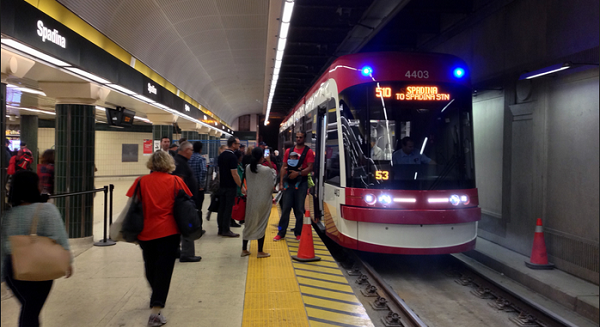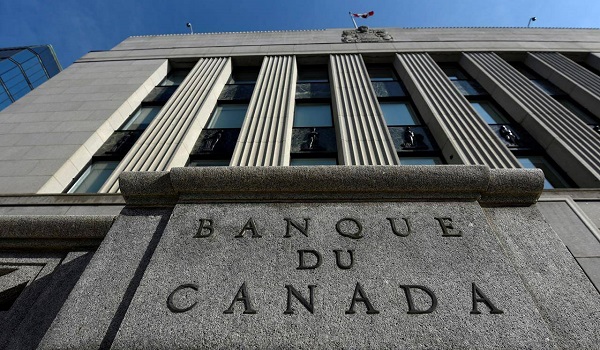If TTC workers strike on Friday, it will affect struggling downtown retailers with no Plan B
The crowds downtown will be thinning out if the TTC goes on strike.
With thousands of transit workers in a legal strike position as of Friday at 12:01 a.m., businesses are coming up with contingency plans — including more remote work, carpooling and where possible, walking.
At CIBC, office workers are already on a hybrid schedule, with some work-from-home days and some in the office, said spokesperson Tom Wallis.
“Our hybrid model allows many of our team members to benefit from the flexibility and productivity that can be achieved from working remotely while blending that with the benefits of in-person work with colleagues,” said Wallis in an emailed statement.
Still, for some employees, working from home isn’t possible or appropriate, Wallis added, and the bank is keeping a keen eye on negotiations between the Amalgamated Transit Union and the TTC.
“We are monitoring closely and have contingencies in place to ensure we serve our clients,” Wallis added.
At the Toronto Region Board of Trade, member companies are doing their best to come up with a Plan B, but spokesperson Jeff Lang-Weir said there’s no one size-fits-all solution.
“Realistically, there will be no single solution as we have a regional workforce that crosses borders every day to get to their jobs,” said Lang-Weir. “Whether the answer is GO Transit, carpooling, cycling or even walking where possible, we hope that short term solutions keep our city’s congestion challenges in mind.”
And, Lang-Weir stressed, the region already has a serious problem with traffic congestion, which the Board estimates costs the region $11 billion a year in lost economic activity.
“We simply can’t afford to add more cars on the road right now. The TTC is a critical service, and we urge all parties to work together quickly and collaboratively to reach an agreement that keeps our city moving,” Lang-Weir said.
In some businesses, which by their very nature can’t have people working remotely, there will likely be fewer employees on the job.
“Retailers are concerned about a potential TTC strike as it would impact staffing in most stores in Toronto. The great majority of sales associates working in stores in Toronto rely on public transit,” said Michelle Wasylyshen, a spokesperson for the Retail Council of Canada.
The city’s downtown core businesses — particularly those which count on walk-in traffic from office workers and tourists — are still suffering from a global pandemic hangover.
“We’re already seeing foot traffic that’s a solid 10 to 15 per cent below 2019 for businesses in this neighbourhood. There are some exceptions, like for holiday weekends, but fundamentally it’s still down,” said Pauline Larsen, executive director of the Downtown Yonge Business Improvement Area.
In a typical year, the area gets around 50 million visits by people arriving via College, Dundas and Queen subway stations, said Larsen.
“That’s 140,000 people a day just from those three subway stations, just in our neighbourhood,” Larsen said, adding that the impact on government finances of a potential strike could also be significant.
The economy in the association’s area, Larsen said, generates roughly $1 billion a year in tax revenues for various levels of government.
“That’s $2.3 million a day,” Larsen said. “At a very basic level, that’s the amount of revenue going to government that’s going to impacted by people not being able to go to work.”
Small, independent businesses will be especially vulnerable to the effects of a strike, said Ryan Mallough, Ontario vice president for the Canadian Federation of Independent Business.
“This is absolutely the last thing they need,” said Mallough. “The banks can adjust — they can have their workers who normally come in go on remote for the duration of the strike. The retailer, the café owner can’t do that.”
Many small businesses are still dealing with the financial impact of the pandemic, Mallough added.
“There are a lot businesses who are still awfully close to the edge.”
This article was first reported by The Star












